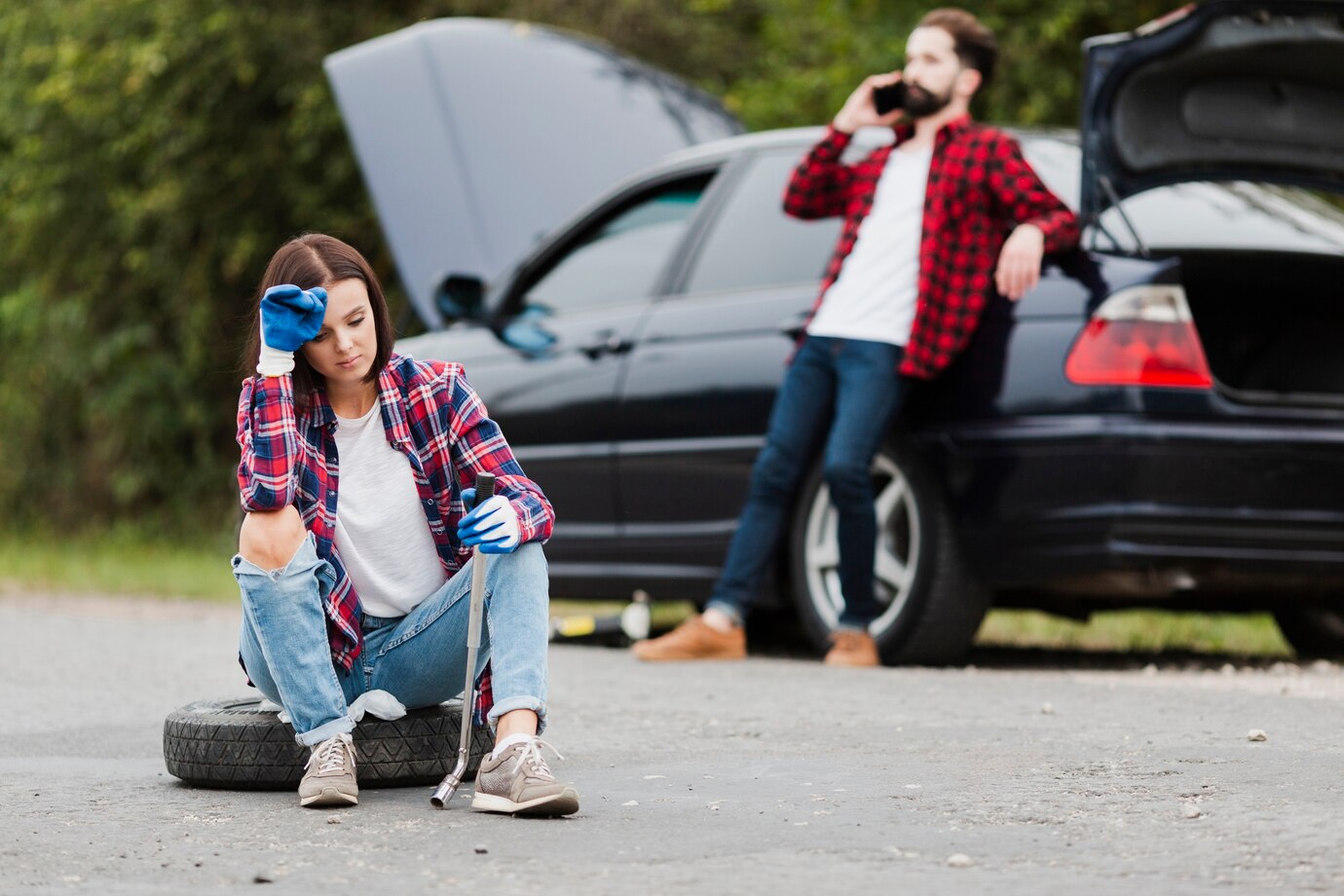Introduction: The Misery of Auto Theft
There’s nothing quite like the stomach-dropping realization that your car has been stolen. Cars are more than just machines for many of us—they are lifelines, investments, and sometimes even sanctuaries. When auto theft intertwines with sensitive subjects like race or identity, it becomes a multi-dimensional issue. While the phrase “white people stole my car” might sound controversial, it opens up critical discussions on racism, stereotyping, systemic issues, and personal experiences. white people stole my car
This article dives deeper into this complex and sensitive topic, unravels its nuances, and explores related societal issues. Let’s explore this without any preconceived notions.
The Emotional Fallout of Losing Your Car

Grieving Over Personal Loss and Inconvenience
Anyone who has experienced auto theft knows the emotional whiplash. First comes disbelief, followed by intense anger and helplessness. A car isn’t just a vehicle—it often represents freedom, security, and financial stability. Losing it can feel like losing a part of your daily identity. white people stole my car
For example, imagine the emotional burden on individuals who depend on their cars for work or community obligations. The theft isn’t just about the missing vehicle; it affects livelihoods, appointments, and sometimes, even relationships. It’s a domino effect that wreaks havoc on daily life. white people stole my car
Another layer is the sense of violation. Your car was in your control, in your safe space. Now someone else has invaded that boundary. This isn’t something people easily shake off. It leaves behind emotional scars, especially when significant personal attachments are tied to that vehicle. white people stole my car
The Link Between Auto Theft and Racial Narratives
Here’s where things often get uncomfortable—how narratives can become racially charged when victims and perpetrators occupy different racial identities. While each auto theft case has its unique circumstances, stereotypes can slip into conversations, influencing how individuals and even society at large view such incidents. white people stole my car
But is it fair? Isn’t theft theft regardless of the perpetrator’s or victim’s skin color? These questions demand critical scrutiny, as they influence the larger cultural perceptions of justice and morality. white people stole my car
Societal Stereotypes and Their Role in Crisis
The Role of Media in Shaping Public Stereotypes
Racialized narratives in media coverage of crimes have long played a role in shaping societal perceptions. When specific incidents—like crime perpetrators being from minority backgrounds—get exaggerated media focus, it stigmatizes entire communities. white people stole my car
Inversely, some cases, like “white people stole my car,” bring reverse lenses. When it centers white people as alleged perpetrators, immediate reactions are often surprise or denial. This illustrates how entrapped we often are in stereotypes that unfairly bind certain racial groups to specific behaviors. white people stole my car
What’s concerning is how media coverage—or the lack thereof—affects empathy, assumptions, and even public policy. Who gets the benefit of the doubt? Who becomes the face of criminality? Media narratives either directly contribute or subtlety reinforce the answers to these. white people stole my car
Community Dynamics and Prejudices
On the ground level, socio-economic disparities lead to racial profiling dynamics that divide communities. In some areas, crime is instantly assumed to be the work of marginalized groups. Stepping outside these assumptions to review individual actions is rare. white people stole my car
Conversely, labeling a racial majority like “white people” as thieves introduces reverse prejudice. Both sides of the coin come with dangers—polarization increases, and nuanced conversations become harder. Communities grow suspicious of one another rather than finding middle ground. white people stole my car
The Legal and Systemic Aspect of Auto Theft
How Society Handles Auto Theft Cases Across Races
The law is theoretically race-neutral. Still, community anecdotes suggest that systemic biases often emerge in crime management. For instance, how actively do law enforcement investigate auto theft depending on the neighborhoods or suspects’ backgrounds? white people stole my car
Studies suggest varying results. In affluent areas populated predominantly by white people, faster resolution times for cases are often observed than in lower-income, racially-diverse areas. Examining these patterns helps reveal the broader unequal legal treatment received by victims based on their race and socio-economic levels. white people stole my car
For those experiencing complex narratives like “white people stole my car,” frustrations simmer when systemic inefficiency meets racial stereotyping.
Restorative Measures Through Policy Changes
Many argue that to counter these disparities, proactive policies must target theft-prevention and bridge community understanding. Implementing holistic community outreach programs could reduce the conditions thriving auto theft while addressing race-based profiling.
Moreover, legislative changes aimed at leveling crime investigation standards can significantly curb biases—ensuring justice neither takes sides nor rests slower in disadvantaged communities.
Beyond the Incident: Healing and Addressing Trauma
Racism’s Psychological Toll on Auto Theft Victims
When race intersects narratives like “white perpetrators stole from me,” trauma for the victim can double. It’s no longer just about their car but also societal disbelief or assumptions. Many victims feel gaslighted, wondering if their own story will be diminished by their community.
Furthermore, anxiety makes it harder for victims to return to normalcy. Trust in strangers, authorities, or societal systems might erode after these incidents. Victims require avenues beyond material compensation—a need for restorative closure arises.
Restorative Community Dialogues
Bringing neighborhoods together via facilitated conversations might help address disconnections. Crime unites individuals amidst emotional fragility. Can we use shared grief more constructively? Encouraging communities to focus away from divisive ‘us vs. them’ rhetoric might also lead improvements during crises like these.
Concluding Reflections
While intense emotion makes personal incidents like auto theft unforgettable, larger societal contexts demand introspective understanding. Talking about cases labeled “white people stole my car” takes courage—it transcends finger-pointing and challenges cultural taboos.
Uncovering systemic discrepancies allows justice seekers AND communities rectify imbalance future forward aligning tighter grips reality mostly equity unity—while discouraging criminal deeds affecting. victim guilt empathy fair mostly labeled improved.










